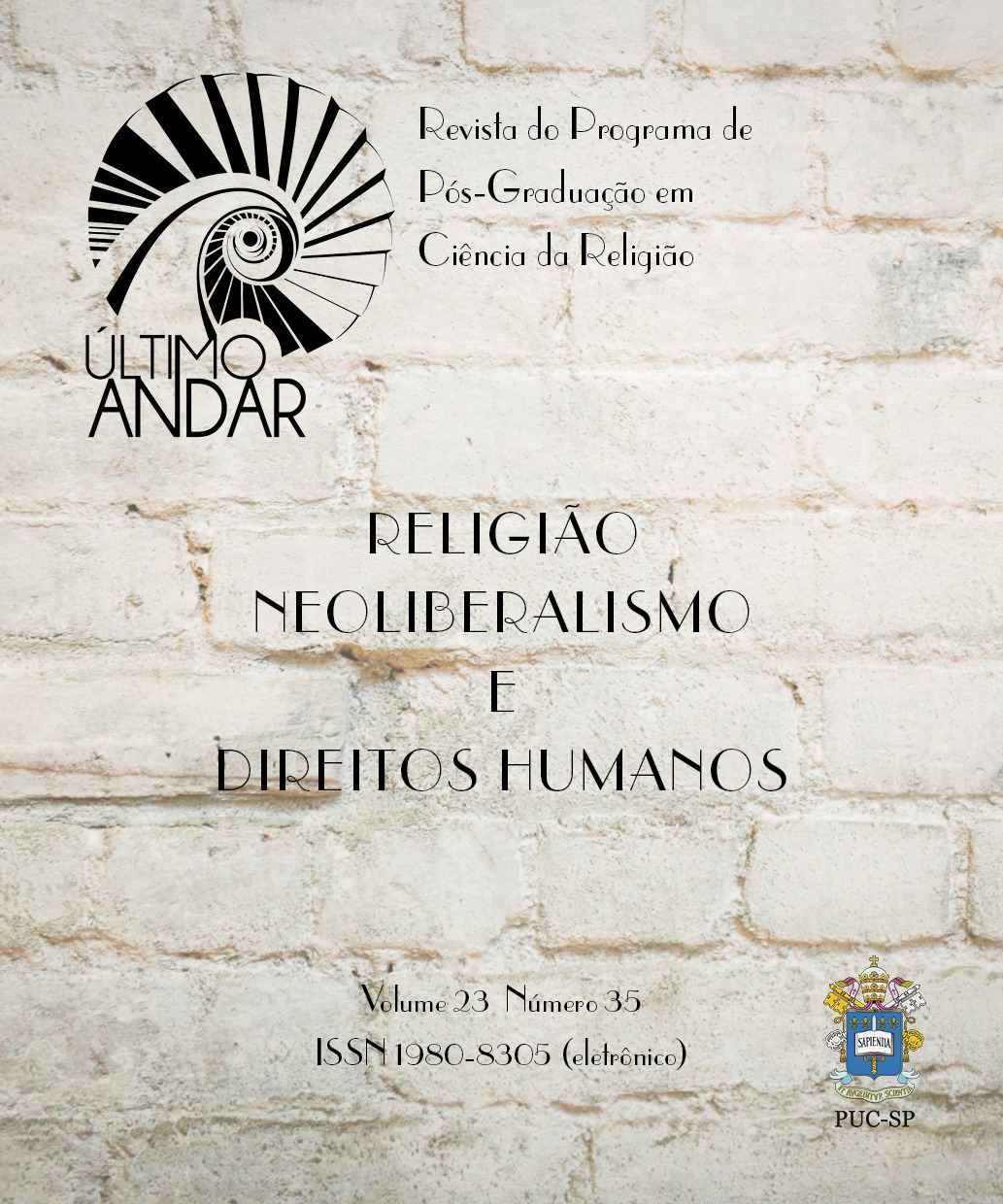O ESTOICISMO E O CETICISMO: AS DUAS VIAS FILOSÓFICAS PARA A CONSTRUÇÃO DO PARADOXO ENTRE GRANDEZA E MISÉRIA EM BLAISE PASCAL
DOI:
https://doi.org/10.23925/1980-8305.2020v23i35a8Resumo
Blaise Pascal is the philosopher of the paradox, because, for him, the truth is the meeting of opposites. In his anthropology, man is analyzed as a paradoxical being, at the same time big and small, weak and strong, big and miserable. These contradictions are present in all men, but most philosophers throughout the history of Western thought have seen only one side, that is, they have a unilateral and limited view of man. This article aims to analyze the two philosophical ways in which Pascal constructs the paradox between greatness and misery, as fundamental to the study and understanding of man. To this end, he especially supports two philosophers, Epiteto and Montaigne, showing that the 'truth' of each philosophical chain operates as a disqualification from the 'truth' of the other. But for Pascal, the true understanding of man, is in the meeting of these two contradictory dimensions, that is, paradoxical.Downloads
Publicado
2020-08-11
Como Citar
Rocha, A. N. (2020). O ESTOICISMO E O CETICISMO: AS DUAS VIAS FILOSÓFICAS PARA A CONSTRUÇÃO DO PARADOXO ENTRE GRANDEZA E MISÉRIA EM BLAISE PASCAL. Último Andar, 23(35). https://doi.org/10.23925/1980-8305.2020v23i35a8
Edição
Seção
Artigo
Licença
Autores que publicam nesta revista concordam com os seguintes termos:
- Autores mantém os direitos autorais e concedem à revista o direito de primeira publicação, com o trabalho simultaneamente licenciado sob a Licença Creative Commons Attribution que permite o compartilhamento do trabalho com reconhecimento da autoria e publicação inicial nesta revista.
- Autores têm autorização para assumir contratos adicionais separadamente, para distribuição não-exclusiva da versão do trabalho publicada nesta revista (ex.: publicar em repositório institucional ou como capítulo de livro), com reconhecimento de autoria e publicação inicial nesta revista.
- Autores têm permissão e são estimulados a publicar e distribuir seu trabalho online (ex.: em repositórios institucionais ou na sua página pessoal) a qualquer ponto antes ou durante o processo editorial, já que isso pode gerar alterações produtivas, bem como aumentar o impacto e a citação do trabalho publicado.


